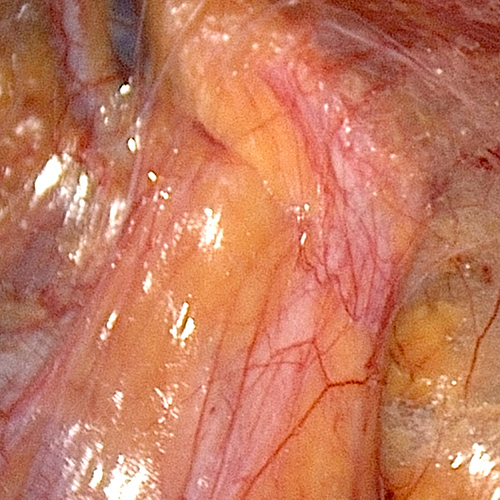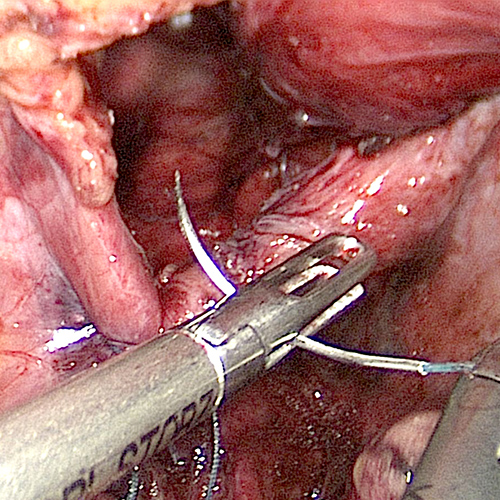The increase in the incidence of obesity in the world gave birth to bariatric surgery. This is a division of surgery that provides procedures geared towards helping patients lose weight. Revisional surgery refers to an operation that is done in patients who have already undergone a previous form of bariatric surgery. It is usually performed in the setting of complications or if the post surgery weight loss in not tallying with the expected. Complications that can prompt revisional surgery include development of fistulas, and ulcers, continuous vomiting and protein energy malnutrition. Reversal of a procedure can also be done if a patient loses too much weight. Options for revision are dependent on the primary procedure that was done, and some revision options are limited for some procedures. Recent surgical techniques offer more revision options compared to older techniques. Revisional surgeries are associated with greater risk for adverse outcome in the patient. Risk is highest in people who have lost too much weight and lowest in those who had minimal weight loss after the primary procedure.



